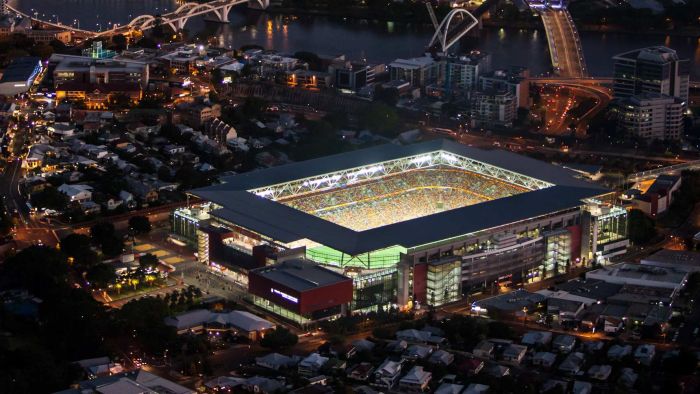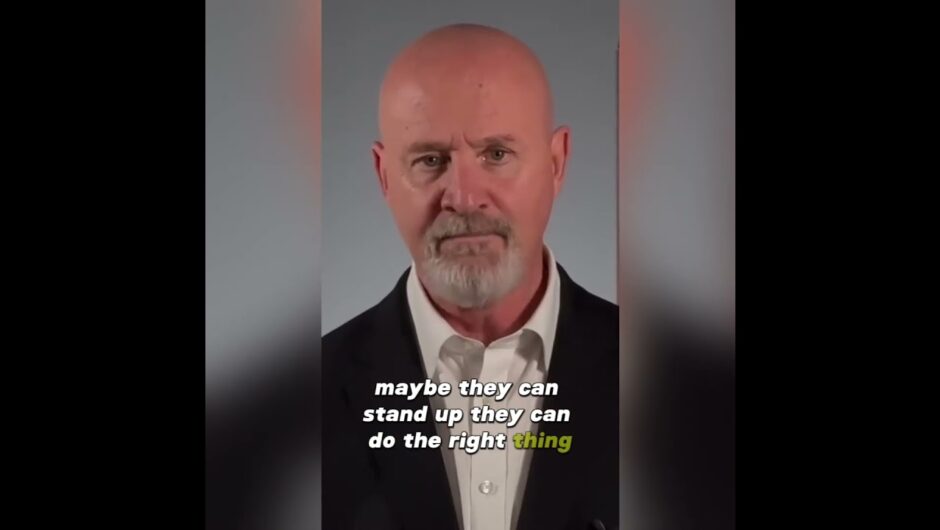Queensland will wind back more coronavirus-related restrictions from 4:00pm today, just in time for the State of Origin decider, when the state enters stage 5 of its Roadmap to Easing COVID-19 Restrictions.
But Adelaide was declared a hotspot yesterday, meaning a December 1 move to Stage 6 — with borders potentially reopening to all of Australia without the need for hotel quarantine — is in doubt.
Here’s what you need to know about this afternoon’s changes:
Full capacity for ticketed venues
“Let’s fill that cauldron, let’s fill Suncorp [stadium] and cheer our mighty Maroons on,” Premier Annastacia Palaszczuk declared last Friday.
When Queensland hosts New South Wales tomorrow tonight, Lang Park is expected to have a full house of 52,500 spectators, albeit with a COVID-safe plan in place.
It will make the match Australia’s best-attended sports event since coronavirus was declared a pandemic in March.
From 4:00pm, open-air stadiums can go from 75 to 100 per cent capacity with COVID-safe plans.
Other outdoor events will be able to increase to 1,500, from a previous limit of 1,000, if they have a COVID-safe event checklist.
There is also good news for indoor seated and ticketed venues.
Cinemas, live music and theatre, as well as indoor sports, will be allowed to return to full capacity.
Performers will be able to reduce the distance from the audience from 4 metres to 2 metres, except for choirs which will remain at 4 metres from the audience.
Chief Health Officer Jeannette Young advised patrons to wear masks on entry and exit, while visiting public restrooms at the venue, or when buying food or drinks.
“[Once] you’re sat down in your seat … if you feel more comfortable, take [the mask] off or leave it on,” Dr Young said.

Pubs and restaurants to ease restrictions
Food and beverage outlets will now be able to accommodate twice as many customers.
One person will be allowed every 2 square metres in pubs and restaurants, easing from one person every 4 square metres.
This also applies to other indoor premises, including places of worship, museums, art galleries, convention centres and even Parliament House.
Indoor play areas within these buildings, like kids’ playgrounds inside restaurants, can open.
200 allowed at weddings and funerals
Having previously come under fire from interstate for Queensland’s unwavering stance on funerals, Ms Palaszczuk observed that mourners “have had to go through a lot recently”.
From this afternoon, up to 200 people will be able to attend funerals.
The same number will be allowed at wedding ceremonies.
And, yes, wedding guests will be allowed to hit the dance floor, both outdoors and indoors.
No dancing at nightclubs
If it’s at an outdoor venue like a music festival or beer garden, dancing will now be allowed.




But dancing is still off limits at Queensland nightclubs, taverns and pubs.
Venues can be fined $6,670 if they are caught breaching a ban on dancing.
Private gatherings
Until today, there has been a 40-person limit on gatherings in homes and public spaces.
This will be lifted to 50 people and applies across Queensland.
Residential care visits and boarding schools
There is no change to the contact restrictions for residential aged care.
Since November 3, aged-care residents have been allowed up to two visitors at any time.
There is no limit on the number of visits per day or the length of a visit.
People at mental health or drug and alcohol facilities can also be visited.
Boarding school students can sleep over at friends’ houses on weekends and holidays.
What’s next?
Last week, Dr Young told ABC Brisbane she would assess the most recent coronavirus numbers across the country before making recommendations to the Premier about welcoming the rest of Australia to Queensland from December 1.
Ms Palaszczuk had spoken of a “national aspiration” to reopen the borders without restriction by Christmas — but that was before the recent outbreak in South Australia.
Dr Young said yesterday that travellers arriving from Adelaide since Monday of last week will need to go into hotel quarantine for 14 days.
Greater Sydney and Melbourne also remain designated hotspots, according to Queensland Health.
“This is very important while we work out what this [outbreak] means [to Queensland] … it’s a very rapid increase in cases from four to 17,” Dr Young said.







